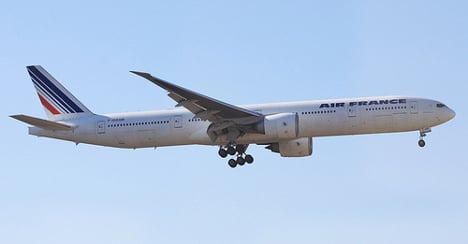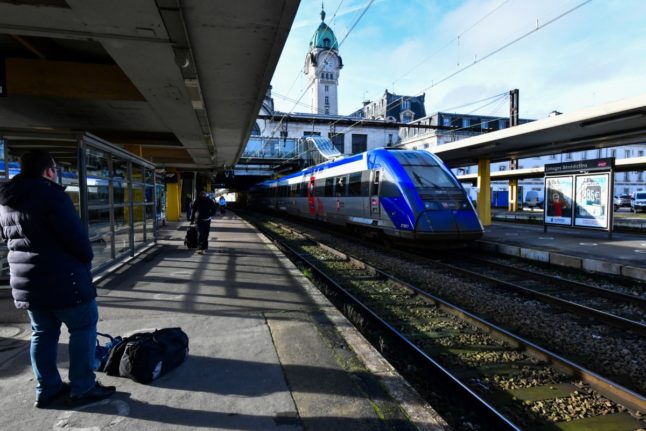Air France had initially estimated reducing its workforce by 2,500 posts when it first announced the cuts in July, with French media speculating this week as many as 3,000 jobs could go.
The measure is part of a major restructuring drive called Transform 2015, which has already seen more than 5,600 employees take voluntary redundancy in the two years to June, taking staff down to 100,700 with wages frozen.
Air France chief executive Frederic Gagey said talks with unions on the voluntary redundancy plan would begin next month.
He also outlined greater reliance on external subcontractors and reinforcement of the company's lowcost Transavia unit, and accelerated retirement from its fleet of fuel-thirsty Boeing 747 widebody jets.
Gagey justified the new measures by the fact that the airline won't achieve "its objective of returning to balance" this year and "will record its sixth consecutive year of operating losses."
He added that "job losses are not an end in themselves, they are part of a strategy."
Air France-KLM posted a net loss of €793 million ($1.06 billion) for the first half of 2013, against wider losses of 1.27 billion euros in the first half of last year.



 Please whitelist us to continue reading.
Please whitelist us to continue reading.
Member comments